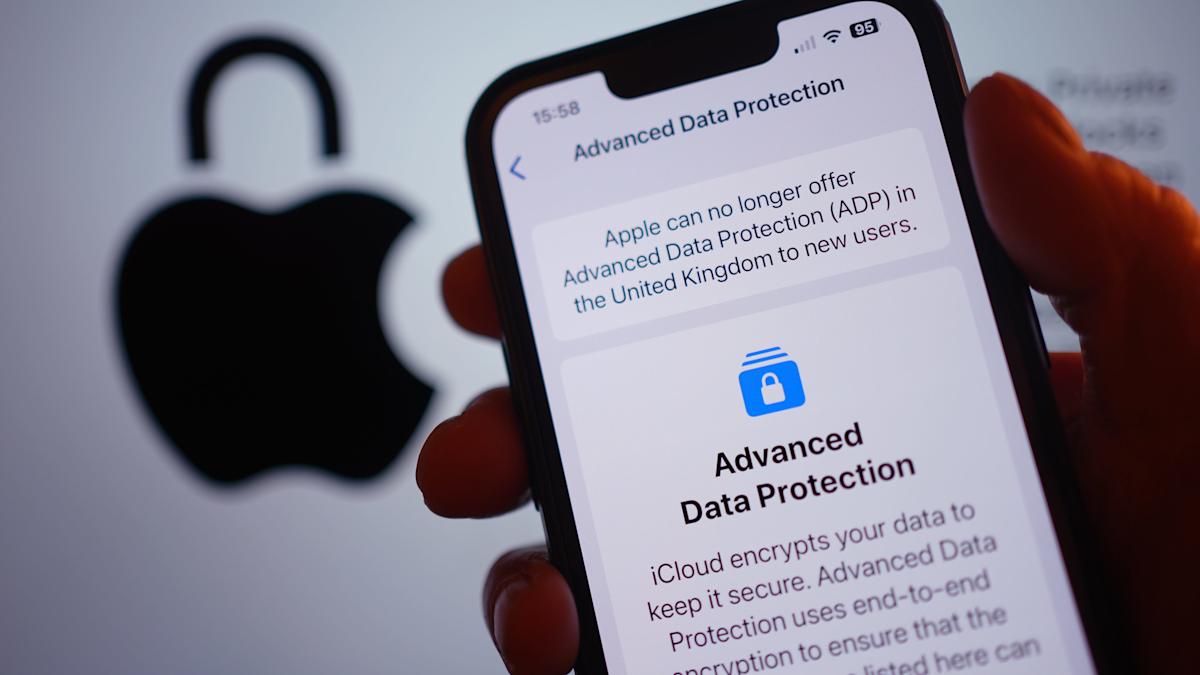The UK Government has dropped its demand for Apple to access users’ data amid a privacy and encryption row, according to the US director of national intelligence.
Tulsi Gabbard posted on X that the UK has agreed to end the request for the US tech giant after working alongside American president Donald Trump, vice president JD Vance and British counterparts “over the past few months”.
She posted: “As a result, the UK agreed to drop its mandate for Apple to provide a ‘back door’ that would have enabled access to the protected encrypted data of American citizens and encroached on our civil liberties.”
Earlier this year, it was reported the Government had issued a notice under the Investigatory Powers Act 2016, asking Apple for the ability to access data from Apple users.
This was said to include encrypted data protected by the tech giant’s advanced data protection (ADP) tool, an opt-in tool within Apple’s iCloud service which only an account holder can access, and is currently out of the reach of even Apple.
The iPhone-maker subsequently said it was withdrawing the tool from the UK and brought legal action against the Home Office.
Reacting to Ms Gabbard’s statement, Conservative MP David Davis said: “The Government’s decision to drop its demands for a backdoor to Apple’s encryption are to be welcomed.
“Such a backdoor would only serve to weaken the protection given by encryption to all of us from malicious actors.”
The Government’s approach was widely criticised by online privacy campaigners and experts when reports of the request first appeared.
Story Continues
However, some online safety charities, as well as police and security services around the world, have long warned of the dangers of end-to-end encrypted services, arguing that they allow offenders such as terrorists and child abusers to hide more easily.
On Tuesday, a UK Government spokesperson said: “We do not comment on operational matters, including confirming or denying the existence of such notices.
“We have long had joint security and intelligence arrangements with the US to tackle the most serious threats such as terrorism and child sexual abuse, including the role played by fast-moving technology in enabling those threats.”
They added the agreements have “long contained” safeguards to protect privacy and sovereignty, including for UK and US citizens.
Apple has been contacted for comment.
